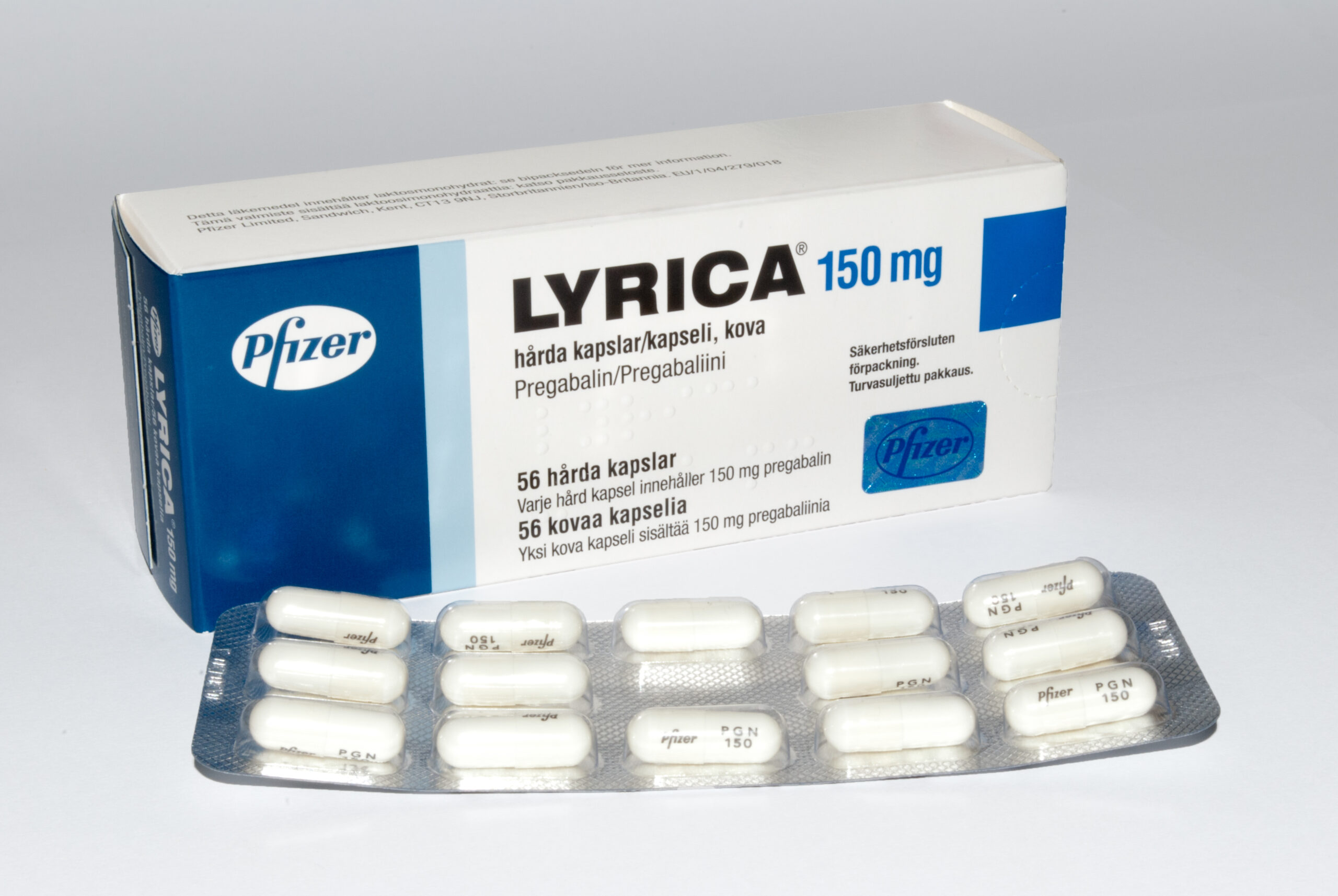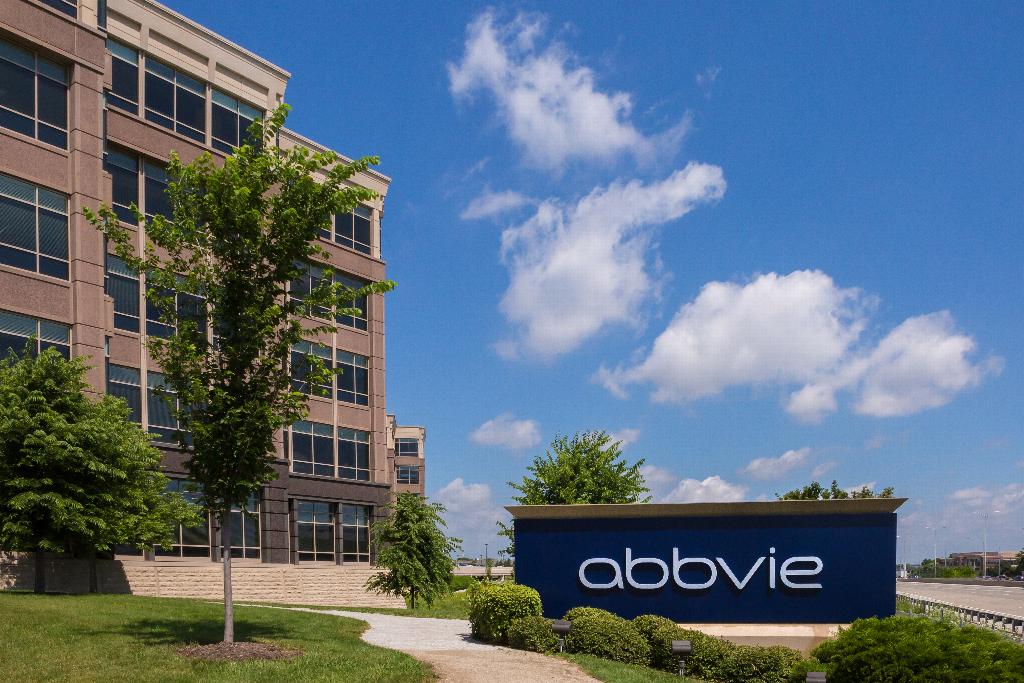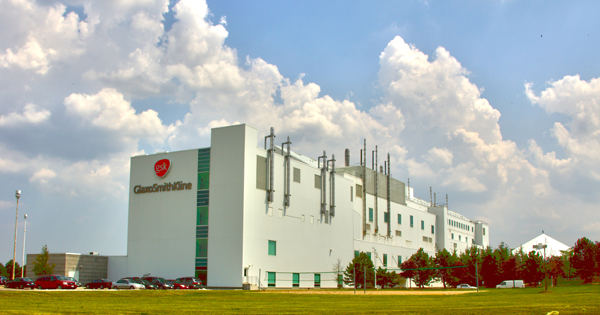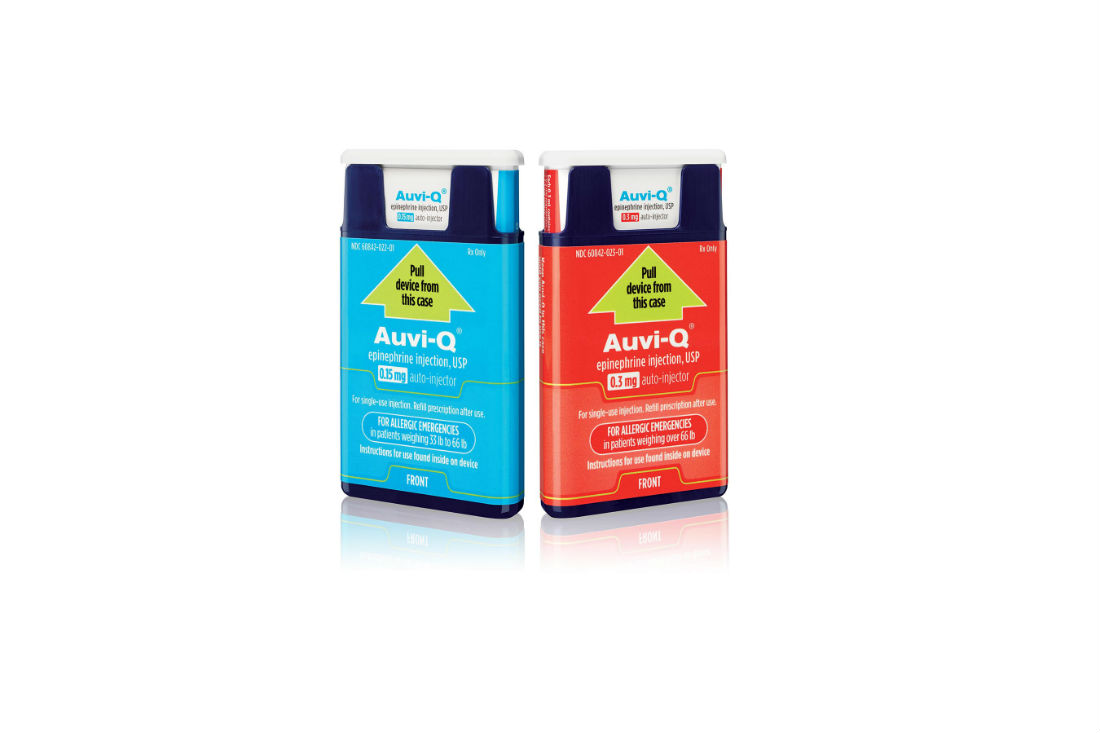Update (November 15, 2019): The ball is rolling on the Mylan-Upjohn merger, starting with a new company name: Viatris. The Latin-derived name literally embodies the new company’s mission: providing a path (via) to achieve three (tris) core goals. According to the press release, those core goals are “expanding access to medicines, leading by innovating to meet patient needs, and being a trusted partner for the healthcare community worldwide.” Still outstanding, however, are the new company’s logo, stock symbol, board of directors and executive management team. Those decisions will be available at a later date.
Originally published on August 1, 2019:
Next up in major mergers and acquisitions this year: Pfizer will combine its established medicines department, Upjohn, with generics-maker Mylan to form a new global pharmaceutical company.
The new merger will bring blockbusters like Mylan’s EpiPen and Upjohn’s Viagra under the same roof. Together, the new company — referred to only as NewCo — will be able to expand its vast product portfolio into unexplored global markets.
“Importantly, the combined organization will have a presence across nearly every continent and major market, establishing a new leadership position in Asia, and offering products capable of treating all major therapeutic areas,” said Robert Coury from Mylan in a statement.
However, some analysts point out that the Asian market may not be as accessible as executives think. While Upjohn had success in commercializing products in China, the new company could face competition with domestic manufacturers as a result of government-mediated encouragement for Chinese hospitals to purchase locally-made generic drugs. This could be an issue for NewCo, which plans on generating 40 percent of its Asia-Pacific revenues from China.
Hoping to steer the new drug company into the right direction is a leadership team comprising some familiar faces: current Mylan chairman, Robert Coury, as new executive chairman and current group president of Upjohn, Michael Goettler, as new CEO. Rajiv Malik, current Mylan president, will maintain his role as president of the new company. The board of directors will include Coury, Goettler, plus eight members designated by Mylan and three members designated by Pfizer. Despite a Mylan-dominant leadership team, 57 percent of the new company’s stock will go to Pfizer shareholders.
RELATED VITALS: GSK Split: New Joint Venture with Pfizer for Consumer Healthcare
For Pfizer, this marks the company’s latest effort to shift its focus to R&D. Notably, Pfizer decided last year to part with consumer health in a mega-deal with GlaxoSmithKline and more recently, purchased Array BioPharma to gain traction in cancer therapeutics. At the same time, analysts warn about the risks of strict R&D, which include reduced product diversity and cash flow, as well as dealing with patent expirations as they had with Lyrica.
While the new deal is “more of the new incarnation of Mylan than a Pfizer acquisition,” the deal doesn’t appear to be a clear-cut win for the generics giant, either. In particular, Bernstein analyst Ronny Gal said integrating the two corporate cultures will be a challenge.
“This is a unique corporate culture. It is hard to imagine a more different culture than Pfizer. The risk of underperformance due to culture conflict is very real and should be discounted in until proven otherwise. The next two years will be a Harvard Business School case one way or the other,” he wrote in an investor’s note.
By the time the transaction is expected to close (mid-2020), current Mylan CEO, Heather Bresch, will step down after filling the role for eight years. Ken Parks, CFO of Mylan, will not be overseeing funds at NewCo, leaving analysts agitated over who will be making “capital allocation decisions.”
Perhaps the biggest selling point of the Mylan-Upjohn merger is the promise of a “relentless focus on total shareholder returns” — but shareholders won’t know if the new company can deliver until the end of 2020.












Join or login to leave a comment
JOIN LOGIN